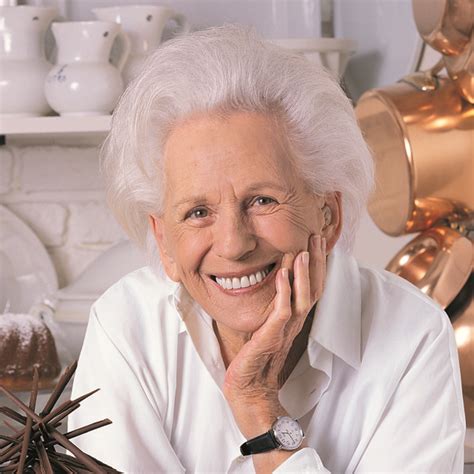A Quote by Steve Martin
I've run into people in my life who were so dramatic; people who are so extreme and so frustrating to be around that you end up thinking about them and talking about them for literally years after your experience with them is over.
Related Quotes
I've run into people in my life who were so dramatic; people who are so extreme and so frustrating to be around that you end up thinking about them and talking about them for literally years after your experience with them is over. I've had that happen to me, and I've seen it happen to other people. I find it fascinating.
People are always talking about the first church. The real first church was that gaggle of people who followed Jesus around. We don't know anything about them. But he apparently didn't ask them what creed they subscribed to, or what their sexual preference was, or any of that. He fed them. He healed them. He forgave them. He is clear about sin, but he was also for forgiveness.
Let's cease thinking of our accomplishments, our wants. Let's try to figure out the other man's good points. Then forget flattery. Give honest, sincere appreciation. Be hearty in your approbation and lavish in your praise, and people will cherish your words and treasure them and repeat them over a lifetime - repeat them years after you have forgotten them.
Teaching I realized took up a lot of my time. I was a kind of a teacher that spent time with students, spoke to them after class, tried to help them out. I'd talk with them personally about their work and try to get out of them what they were thinking about, forcing them to thinking seriously and not just falling back on all the ideas that they had picked up someplace. And so I took my job teaching very seriously and that - as a result, it took up a lot of time.
Don't worry about this world; it is not broken. And don't worry about others. You worry more about them than they do. There are people waging war; there are people on the battlefield who are more alive than they've ever been before. Don't try to protect people from life; just let them have their experience while you focus upon your own experience.
I just really care about what people see. I want them to know that I'm working hard for this. The artists that I look up to like, you know, Michael, Prince, James Brown. You watch them and you understand that they're paying attention to the details of their art. And they care so much about what they're wearing, about how they're moving, about how they're making the audience feel. They're not phoning it in. They're going up there to murder anybody that performs after them or performs before them. That's what I've watched my whole life and admired.
Granny bit her lip. She was never quite certain about children, thinking of them-when she thought about them at all-as coming somewhere between animals and people. She understood babies. You put milk in one end and kept the other as clean as possible. Adults were even easier, because they did the feeding and cleaning themselves. But in between was a world of experience that she had never really inquired about. As far as she was aware, you just tried to stop them catching anything fatal and hoped that it would all turn out all right.
Sometimes people have sympathized with me because long years of my life were spent in jail and in exile. Well, those years ... were a mixed experience. I hated them because they separated me from the dearest thing in the world-the struggle of my people for rebirth. At the same time, they were a blessing because I had what is so rare in this world-the opportunity of thinking about basic issues, the opportunity of examining afresh the beliefs I held.
If you examine the history of any playwright of the past twenty - five or thirty years - I'm not talking about the comedy boys, I'm talking about the more serious writers - it seems inevitable that almost every one has been encouraged until the critics feel that they have built them up beyond the point where they can control them; then it's time to knock them down again.

































